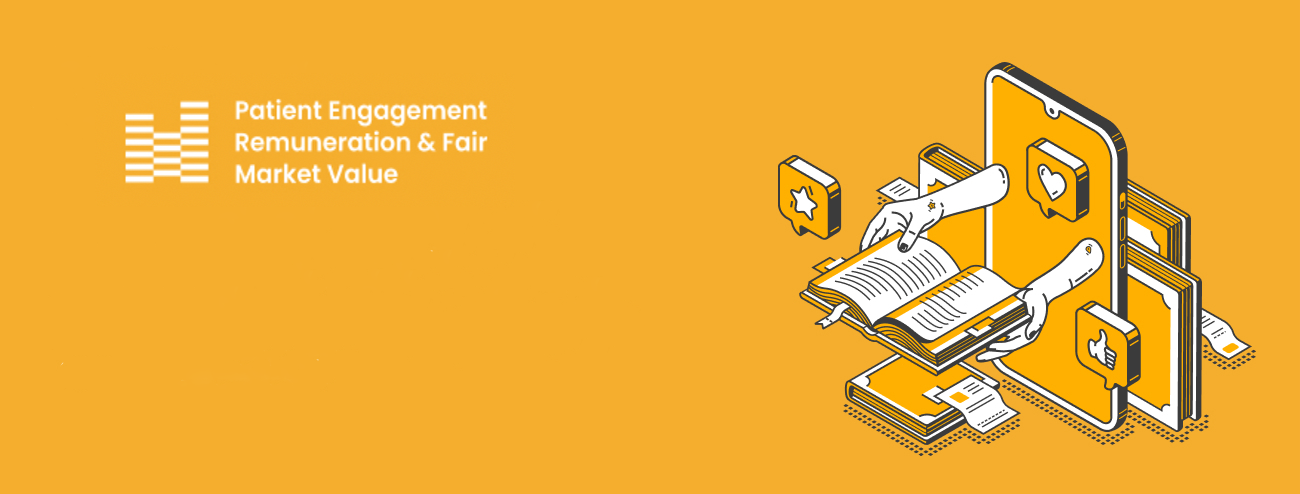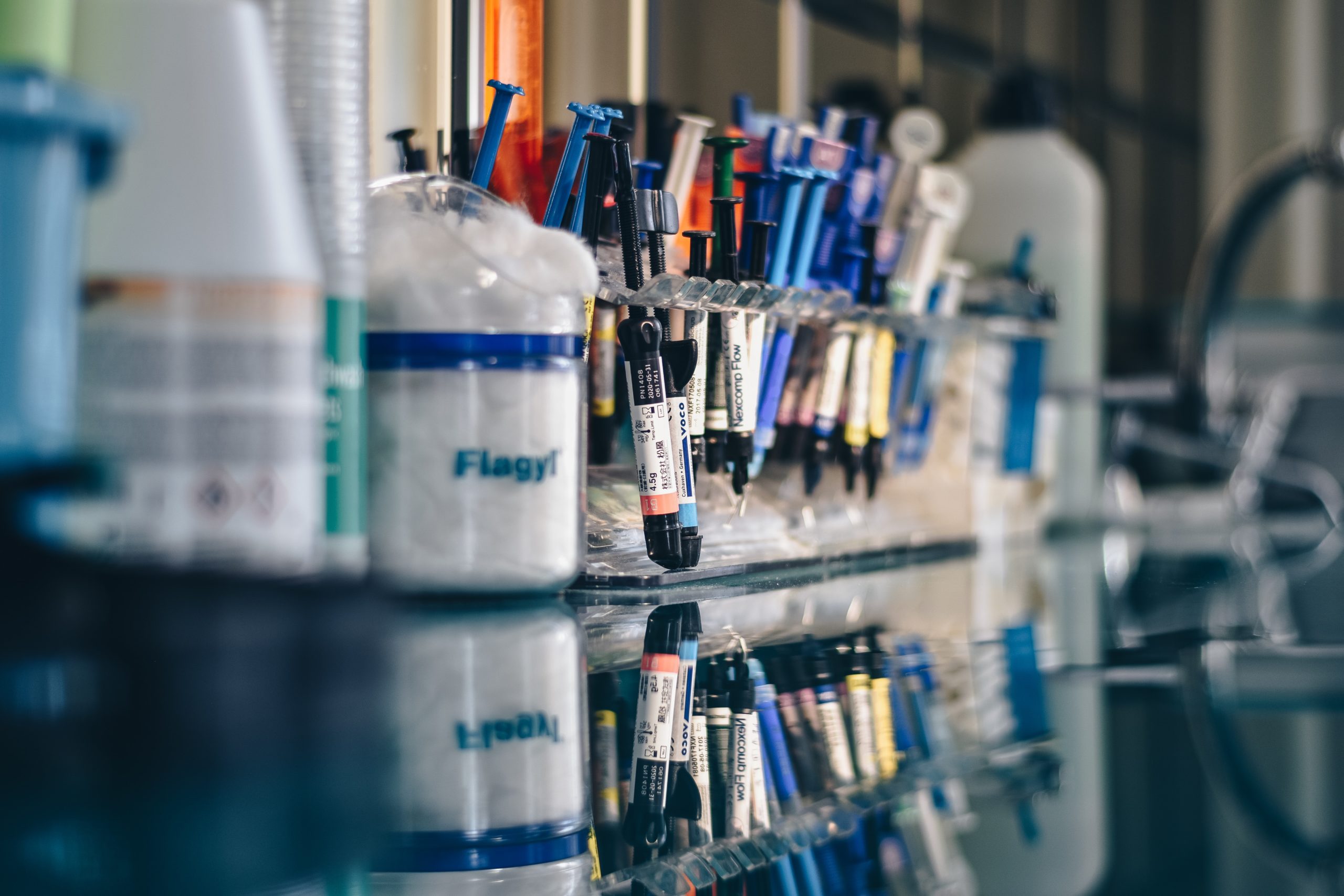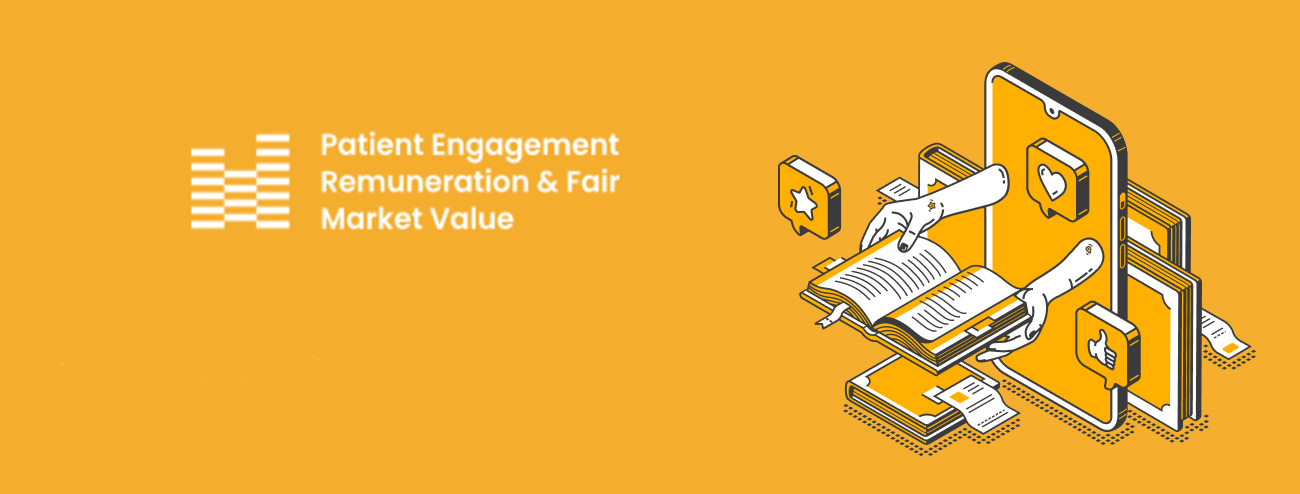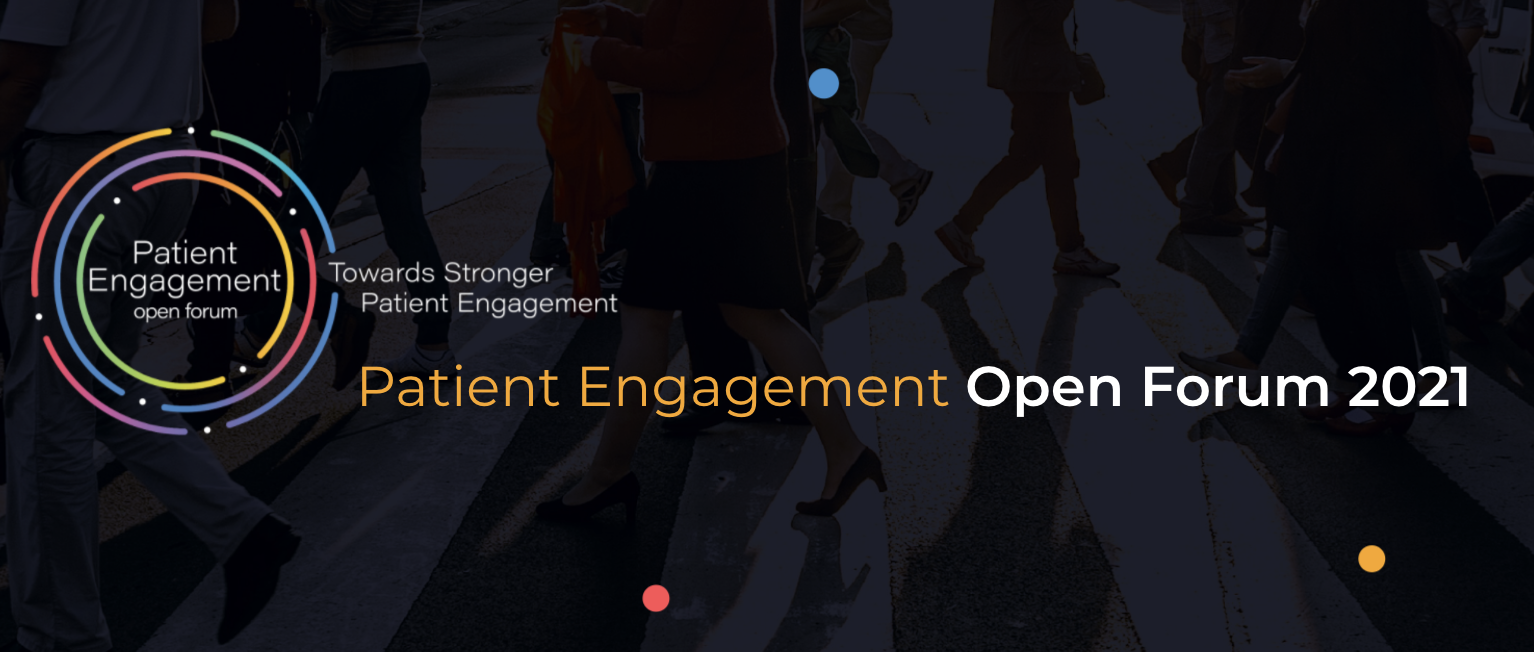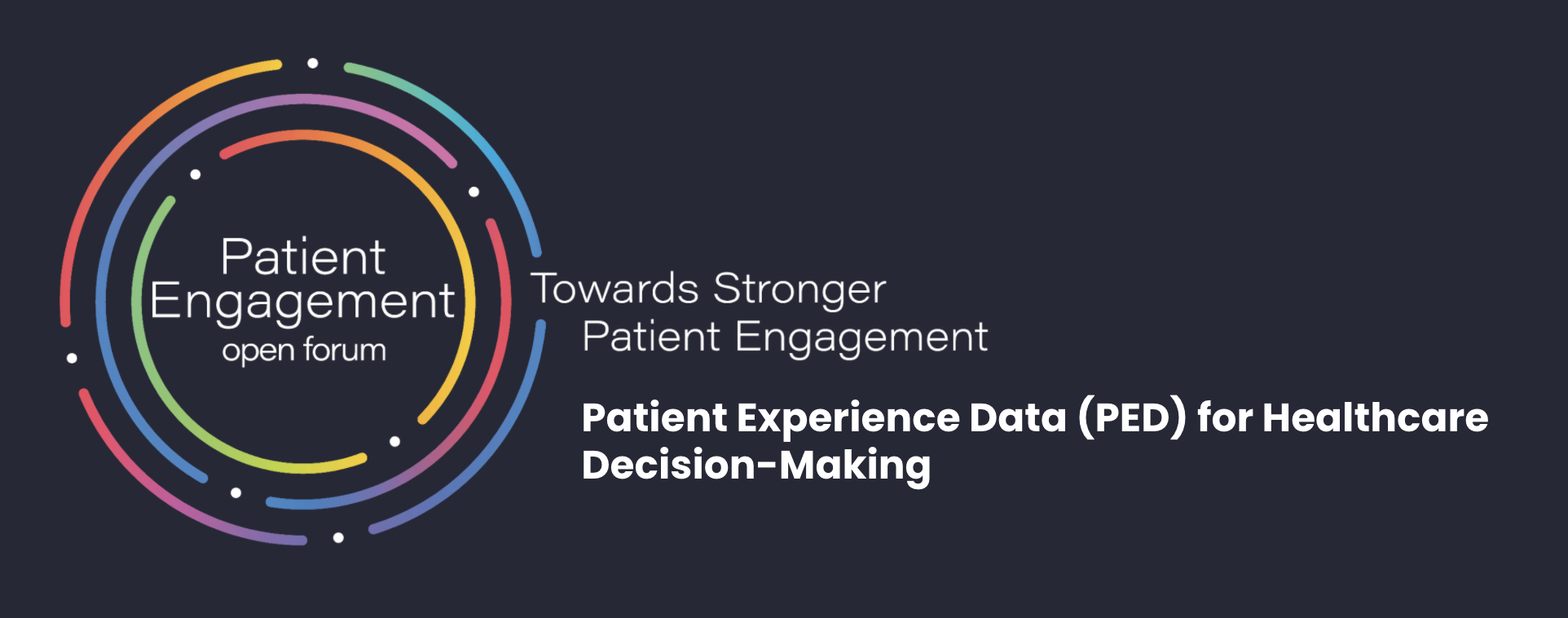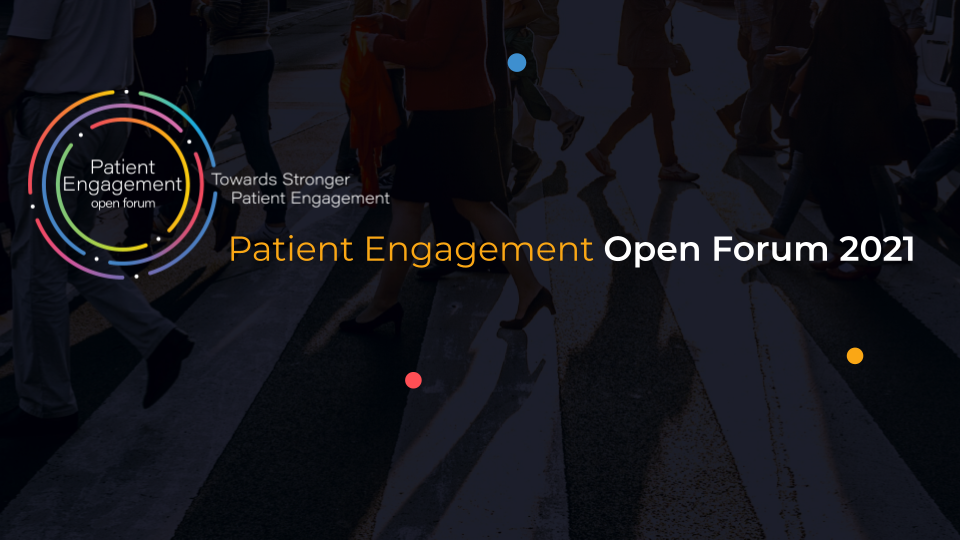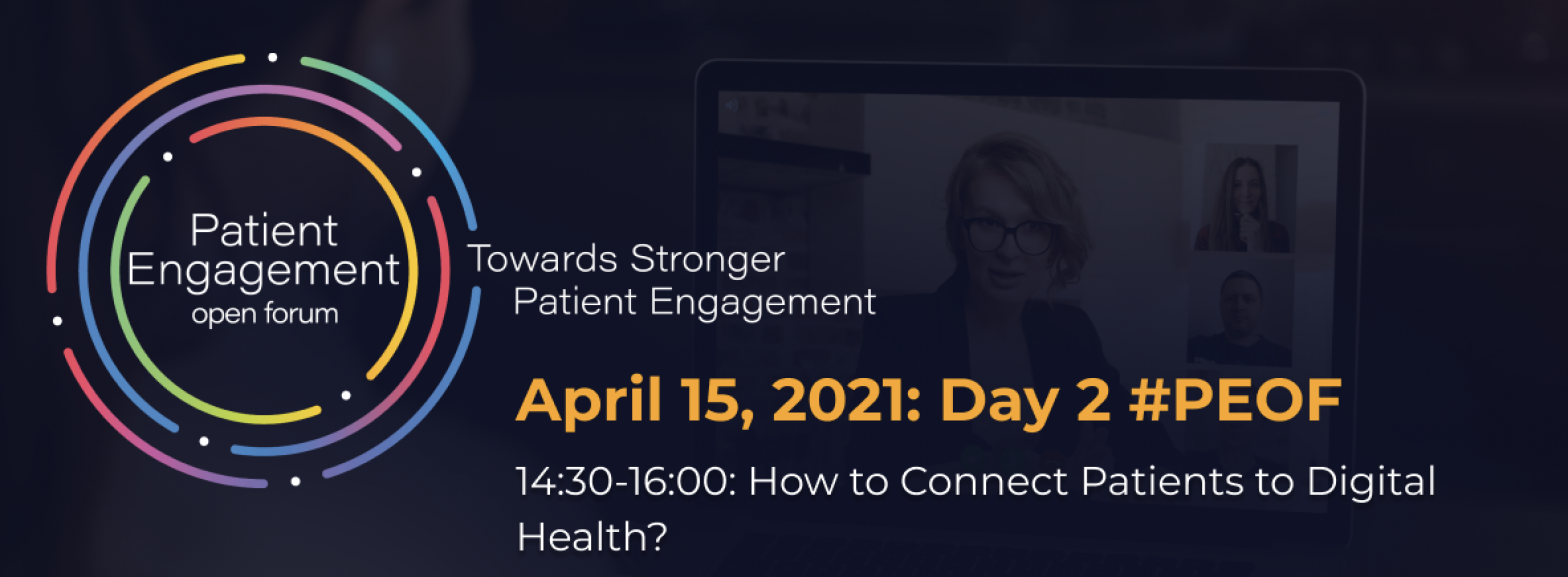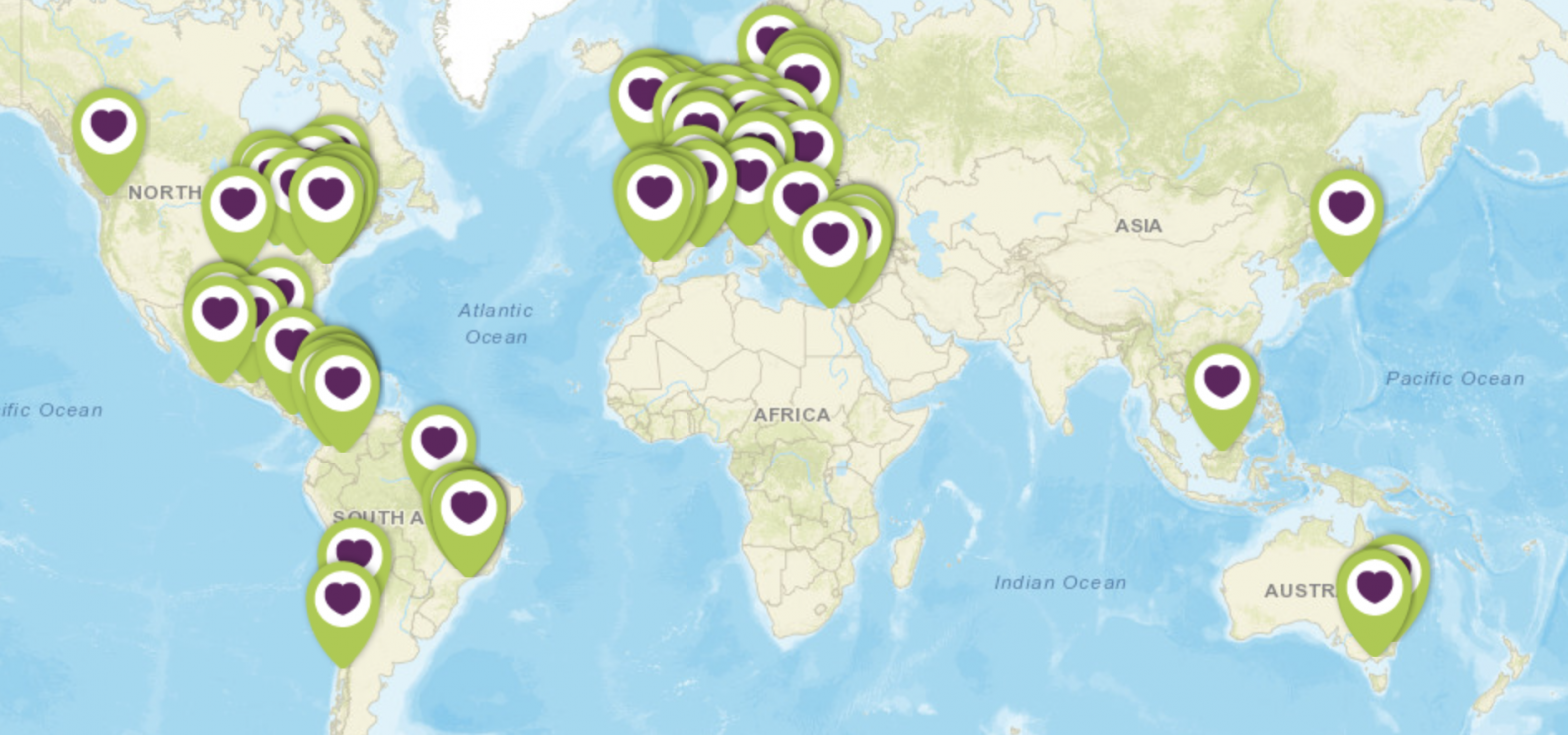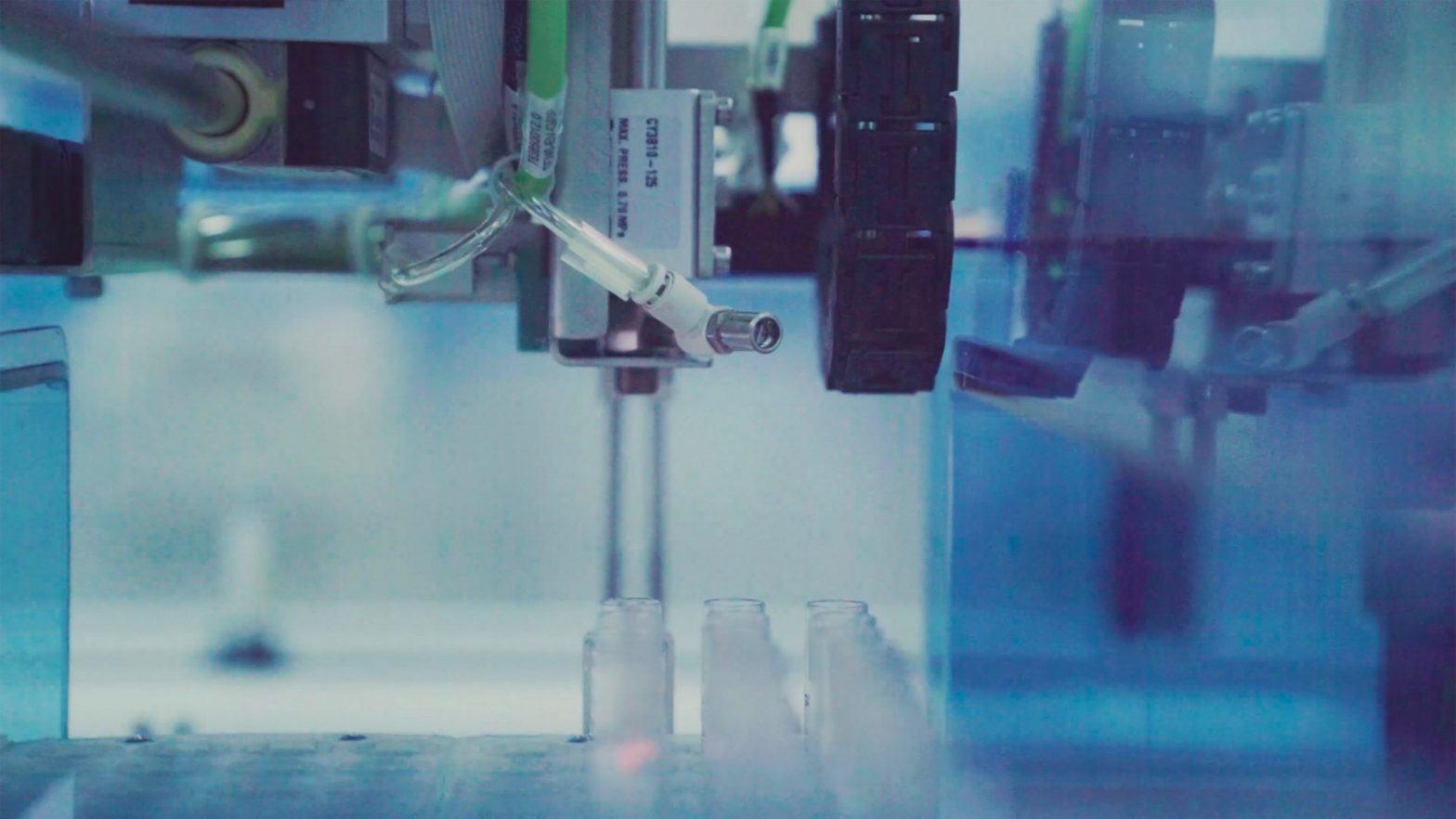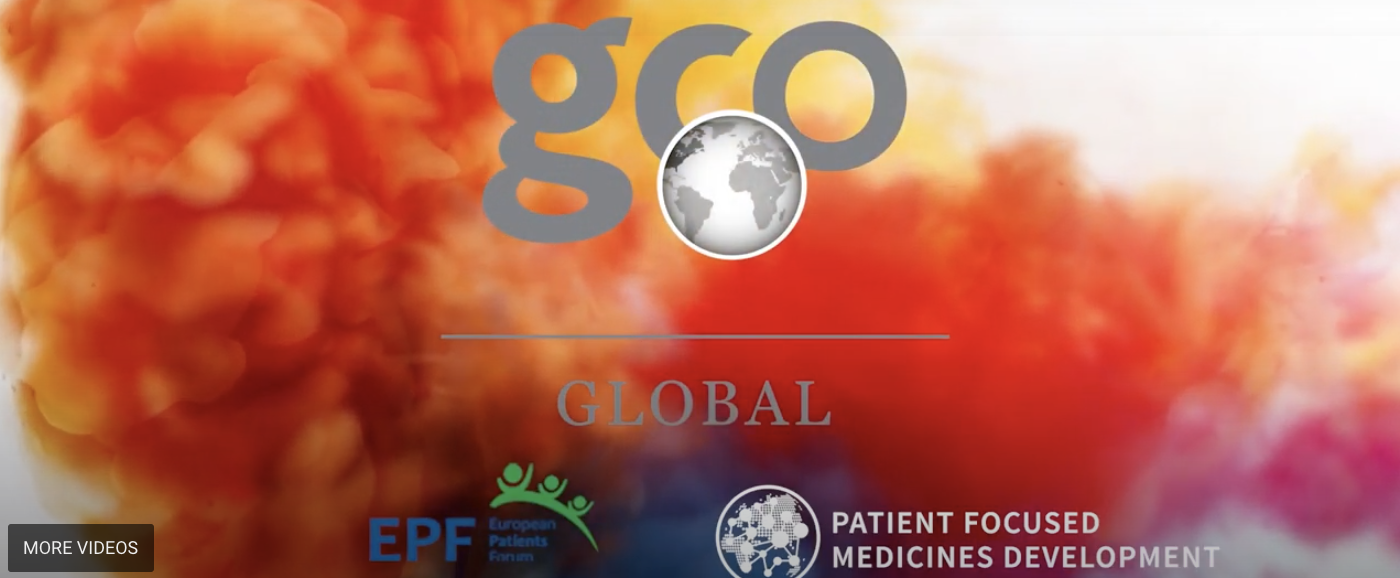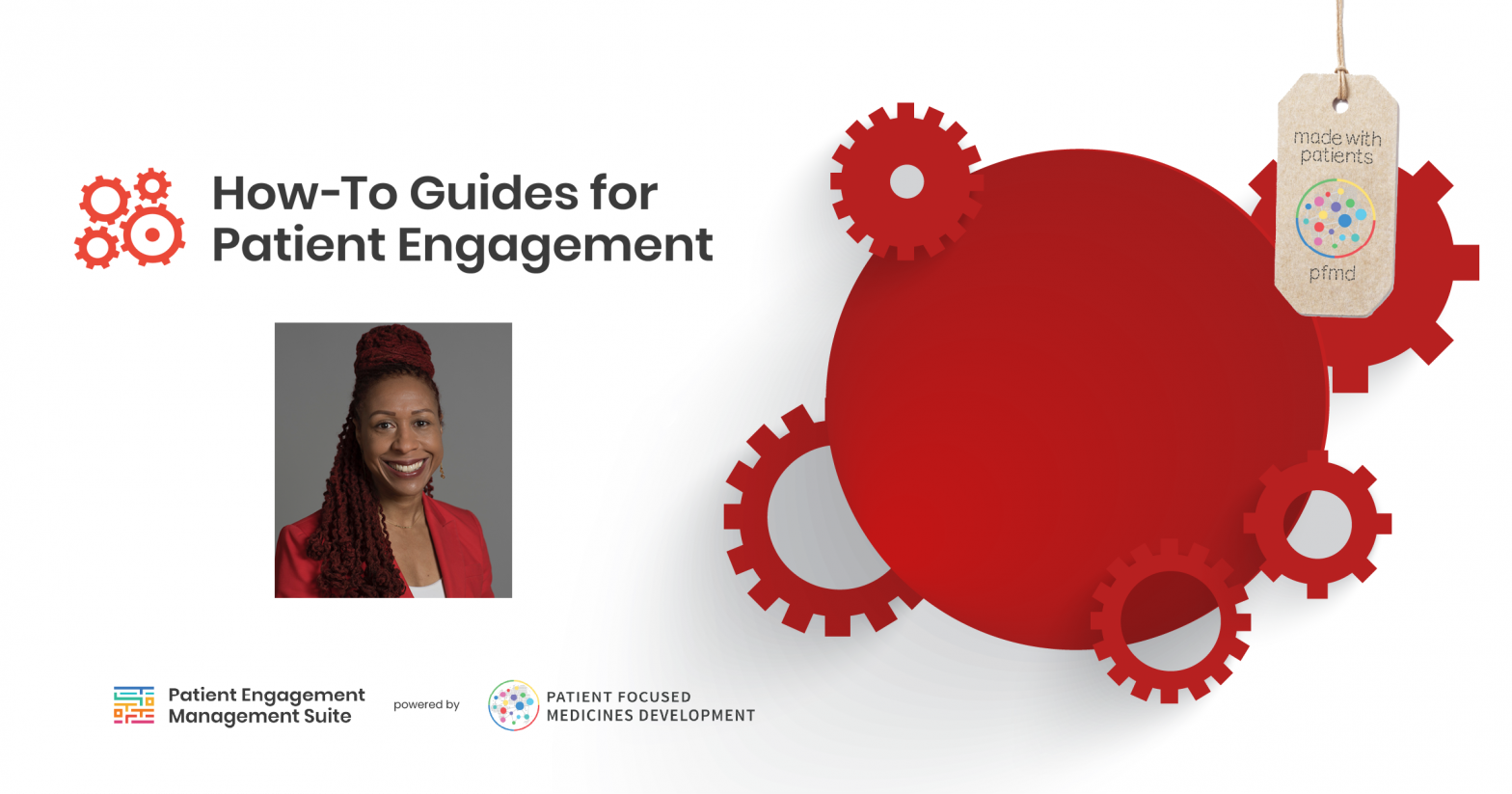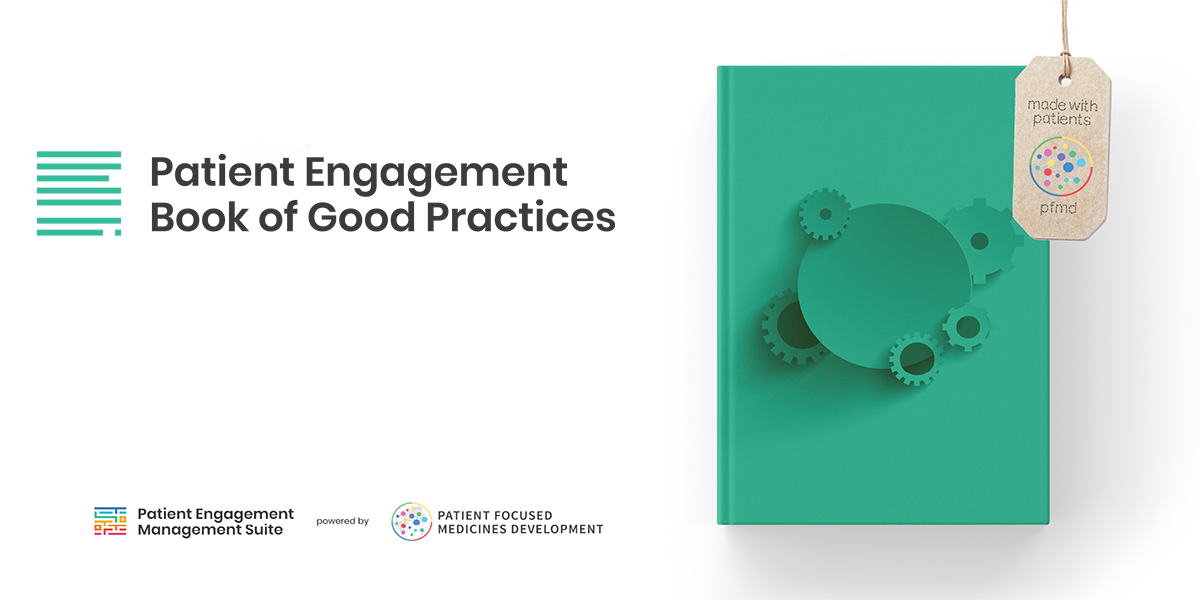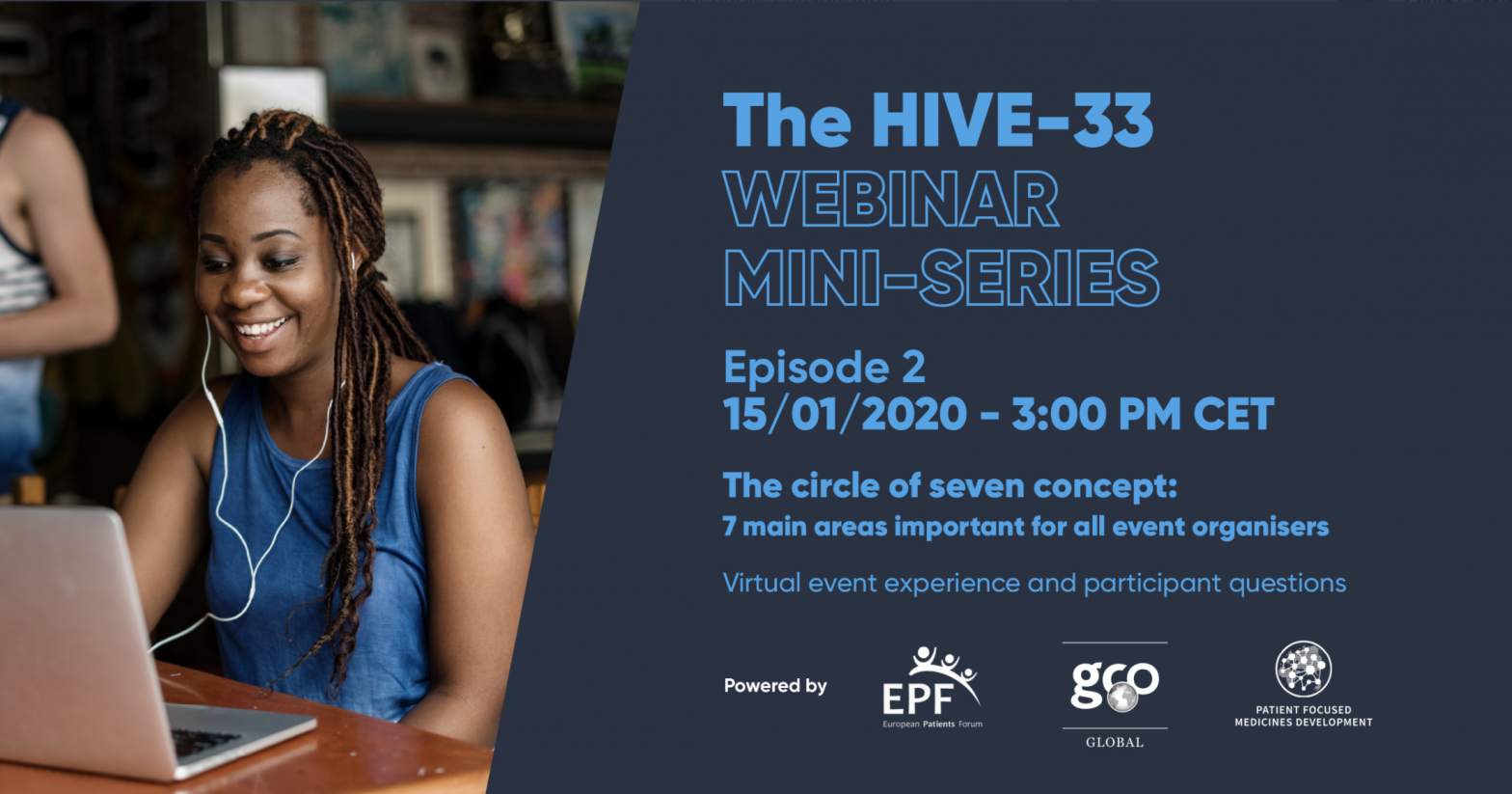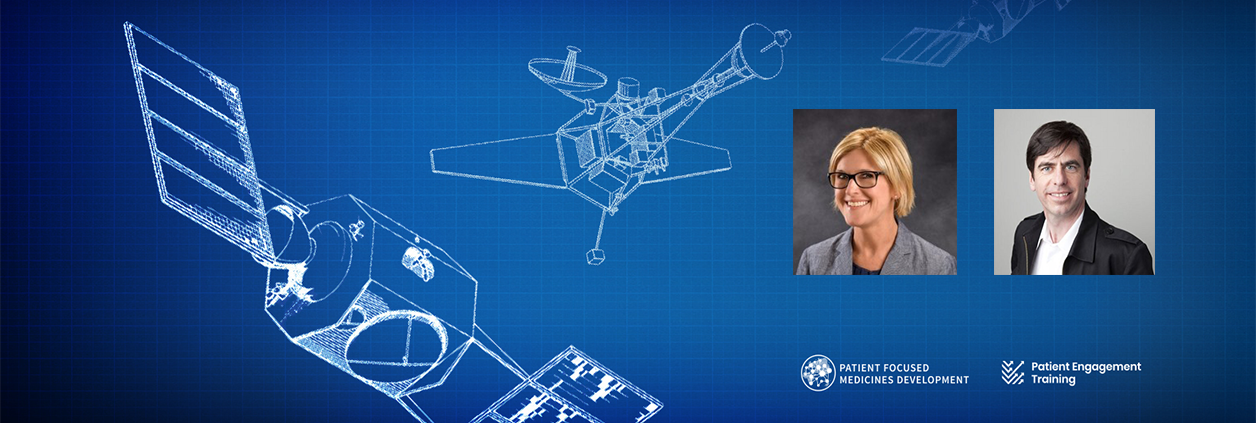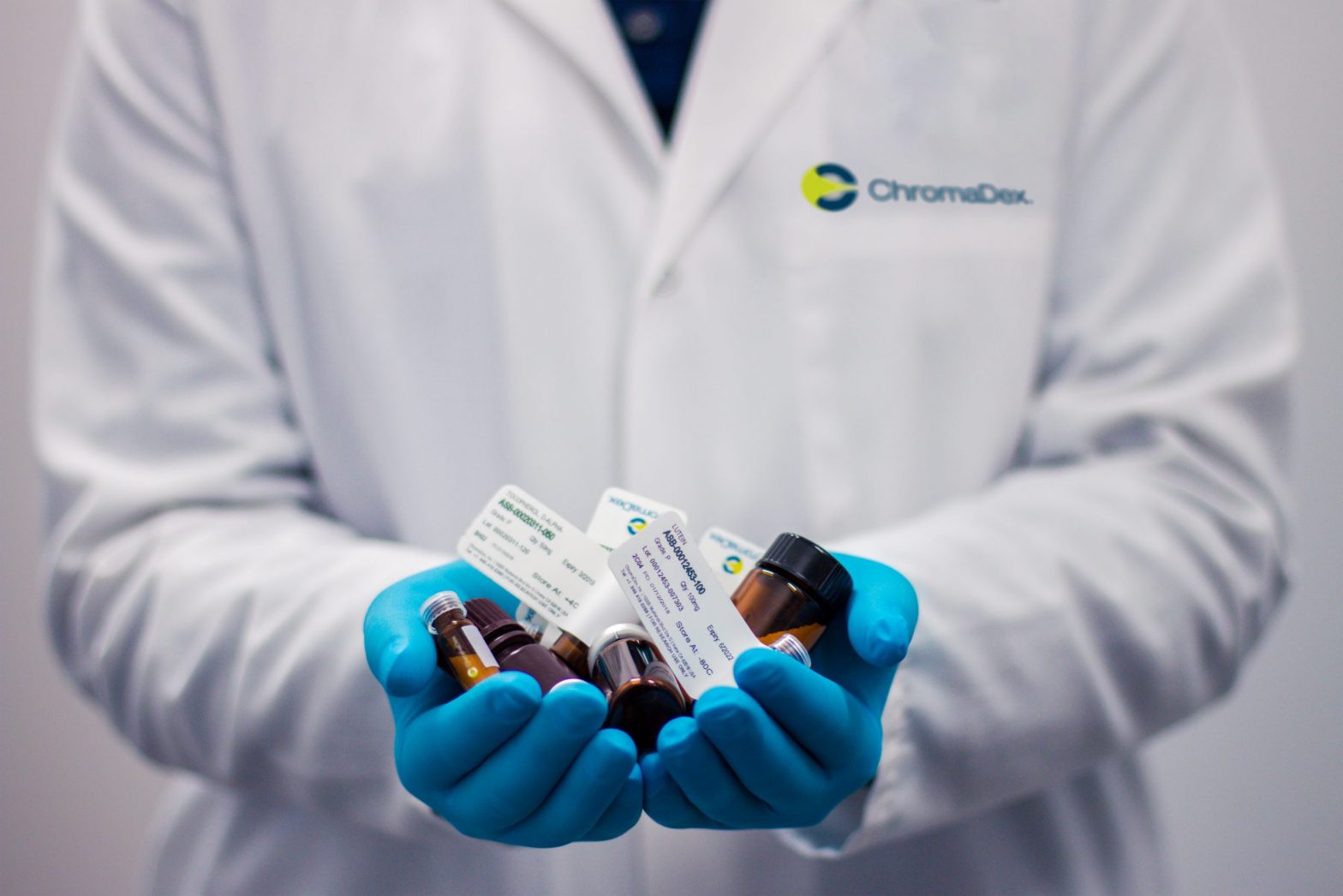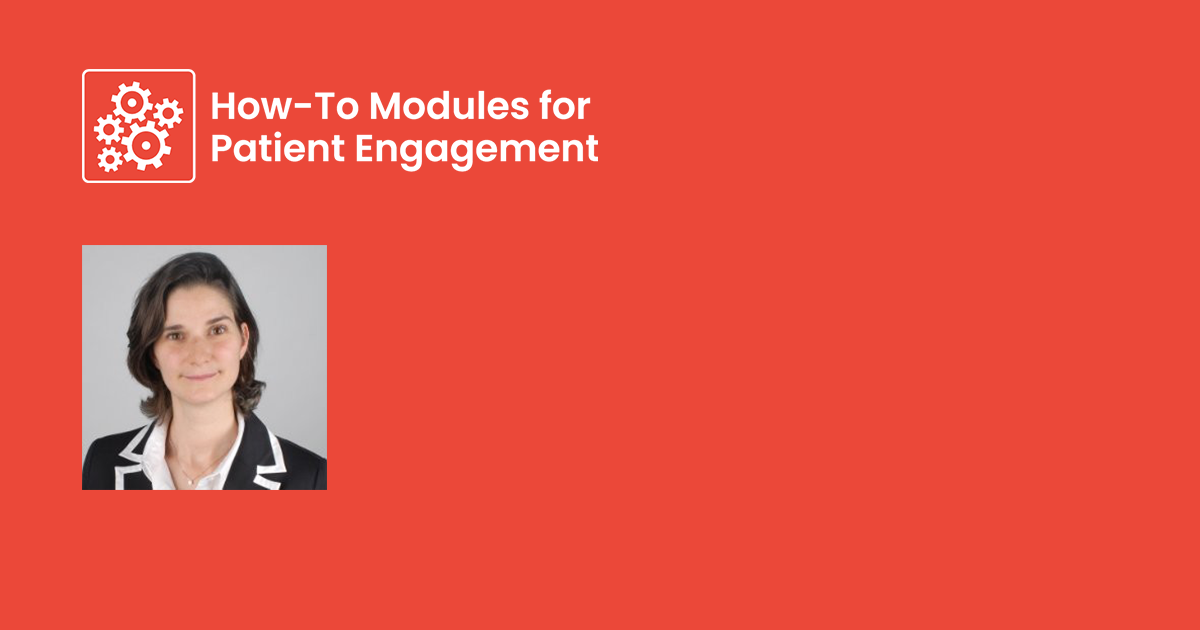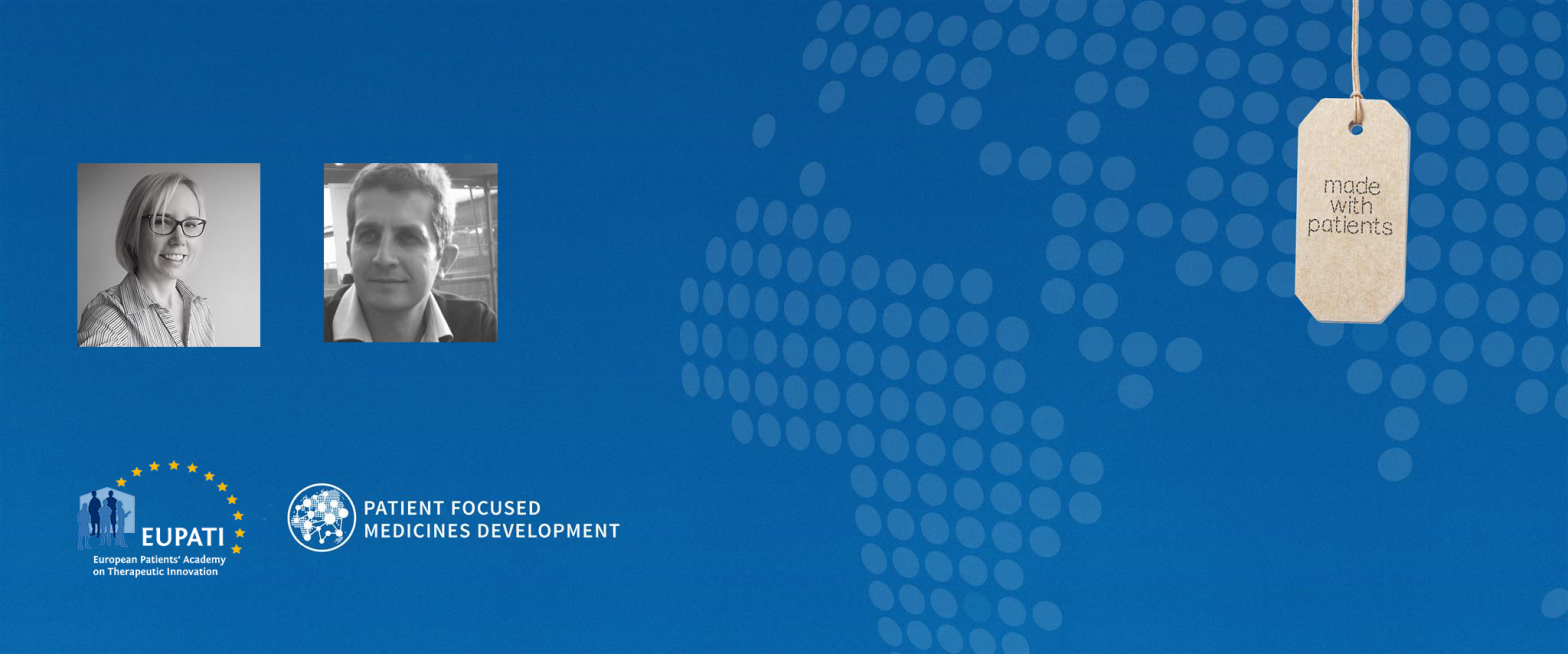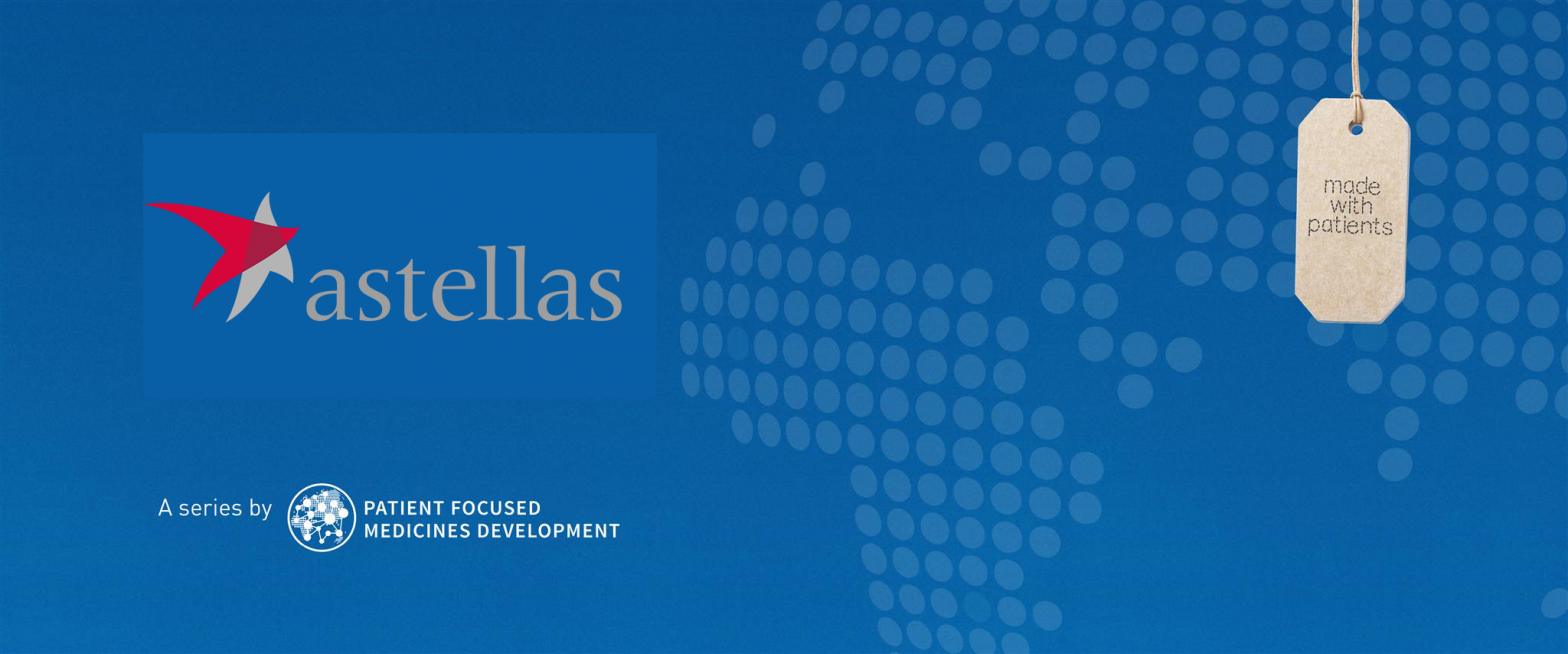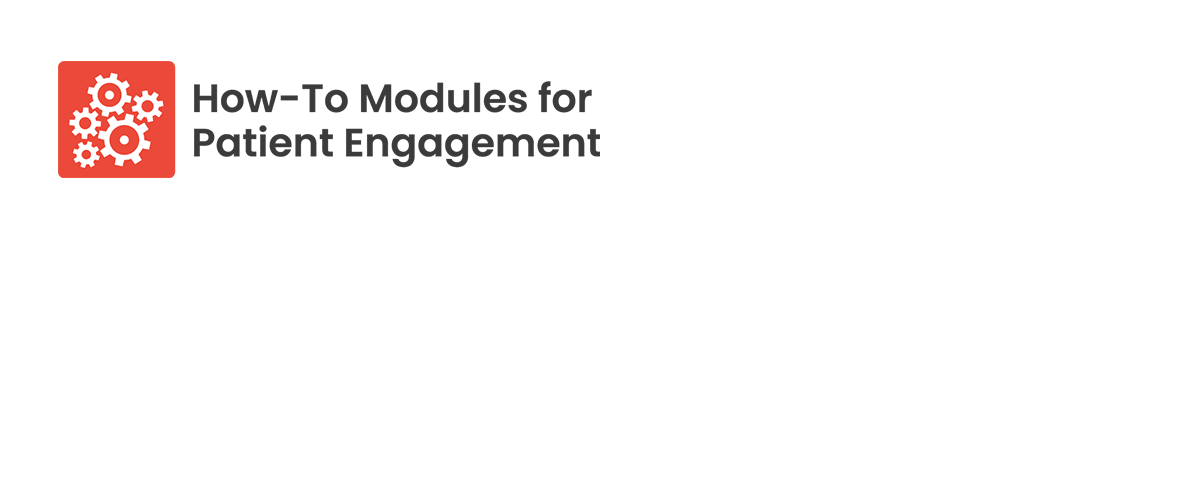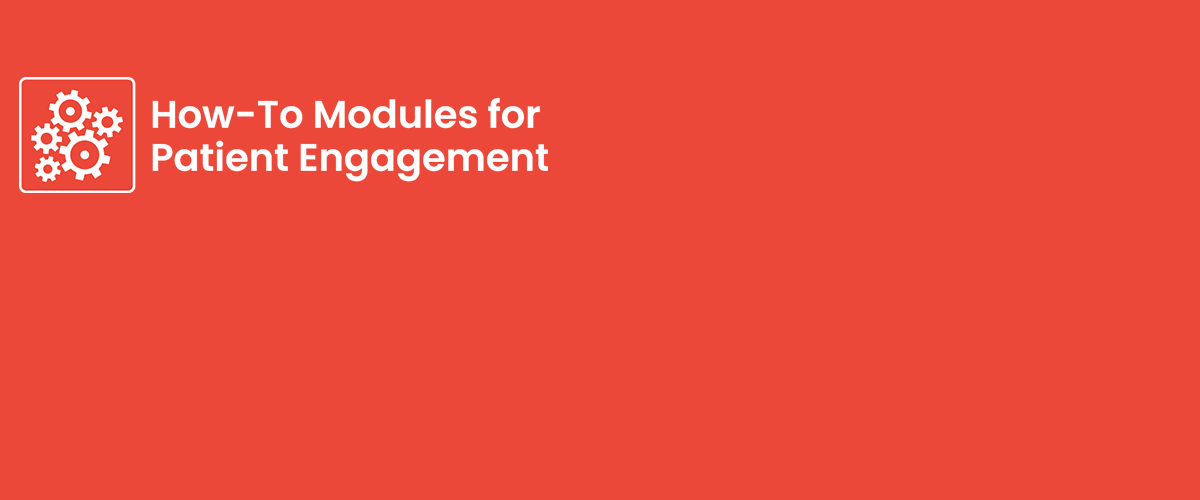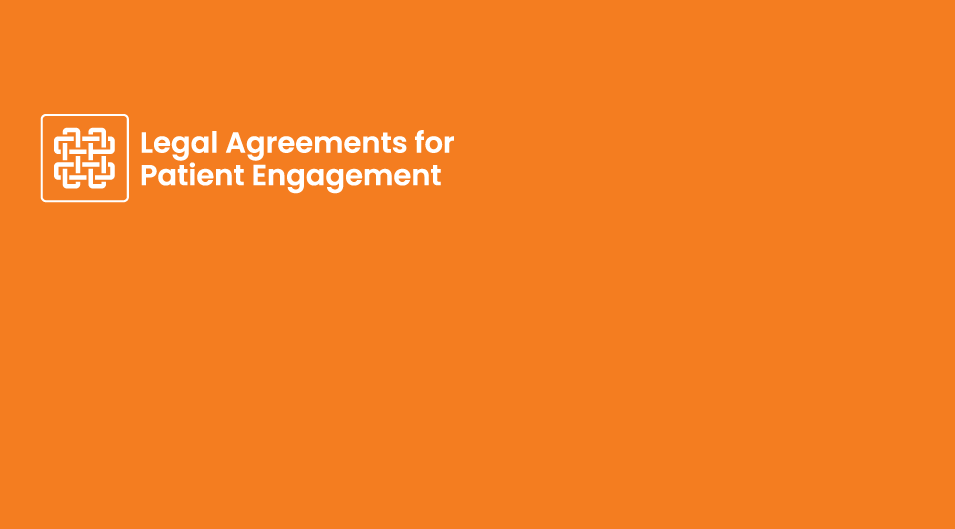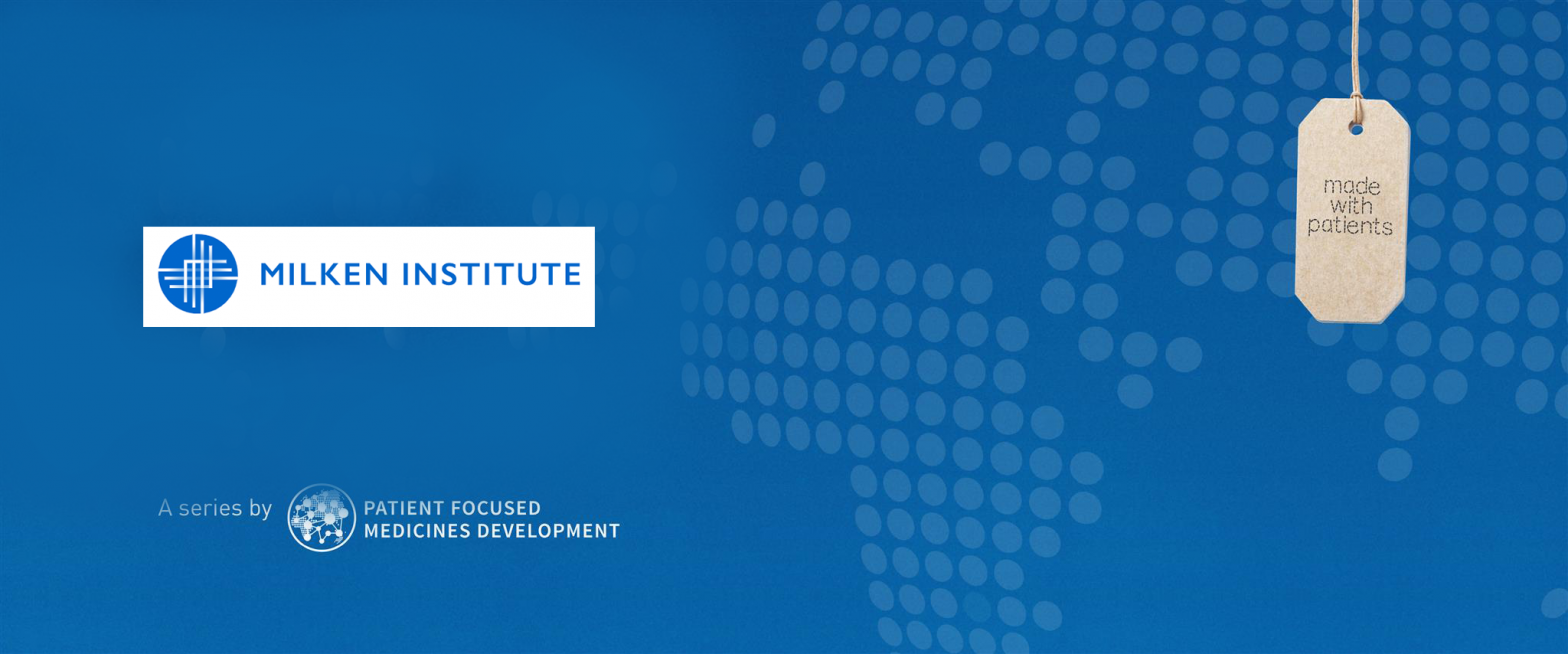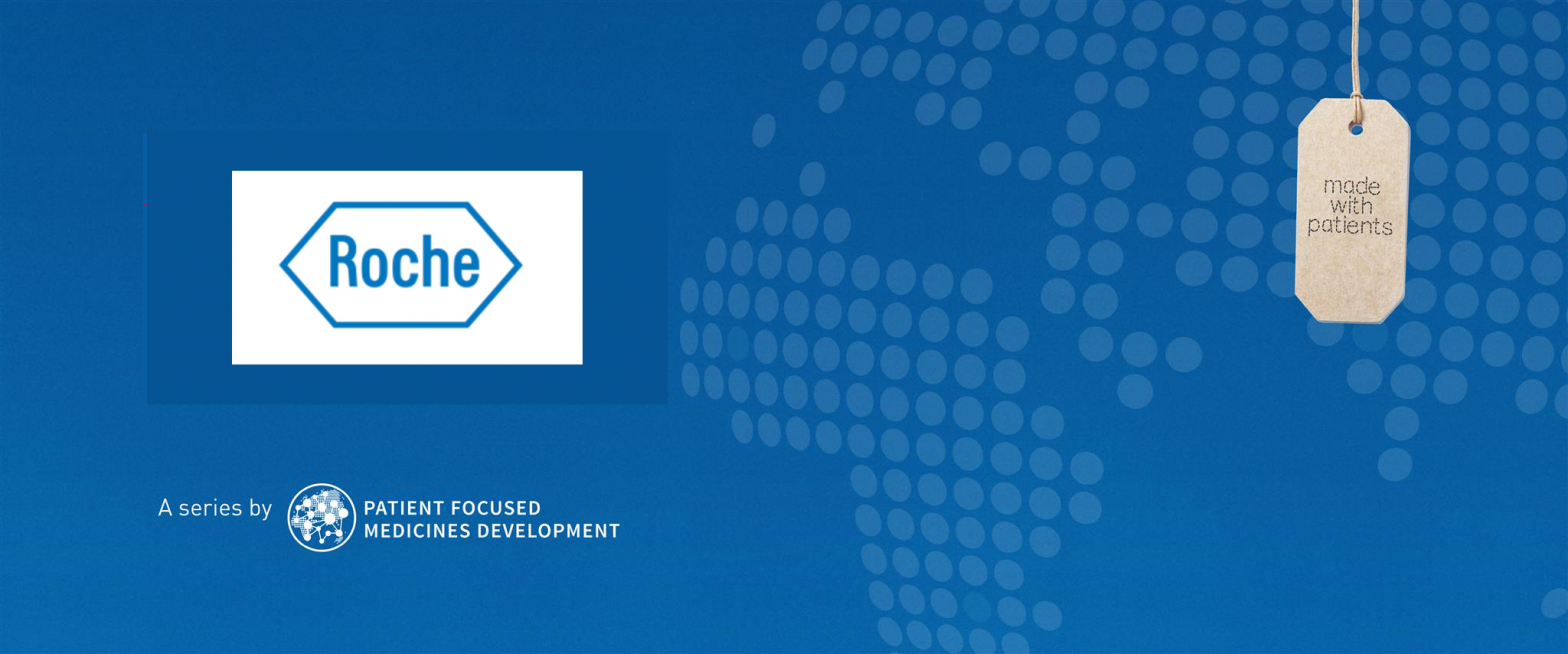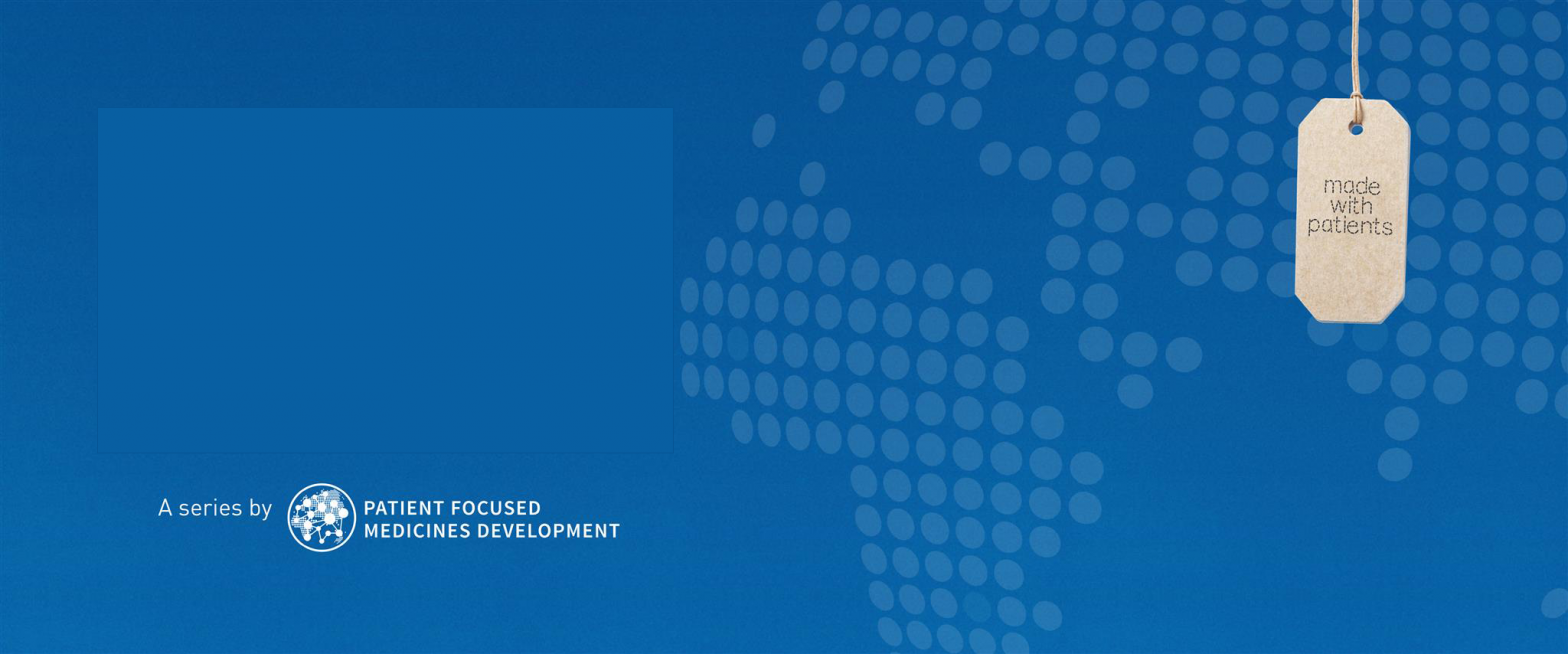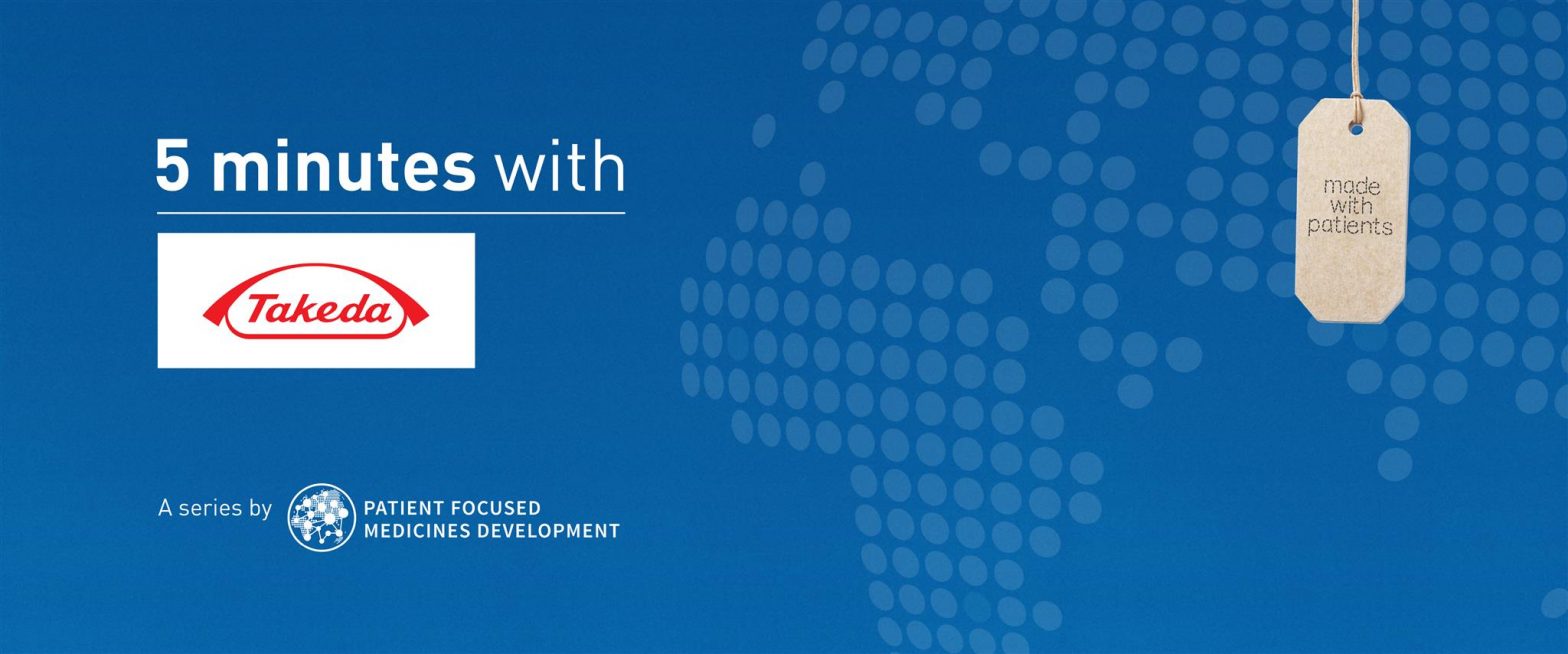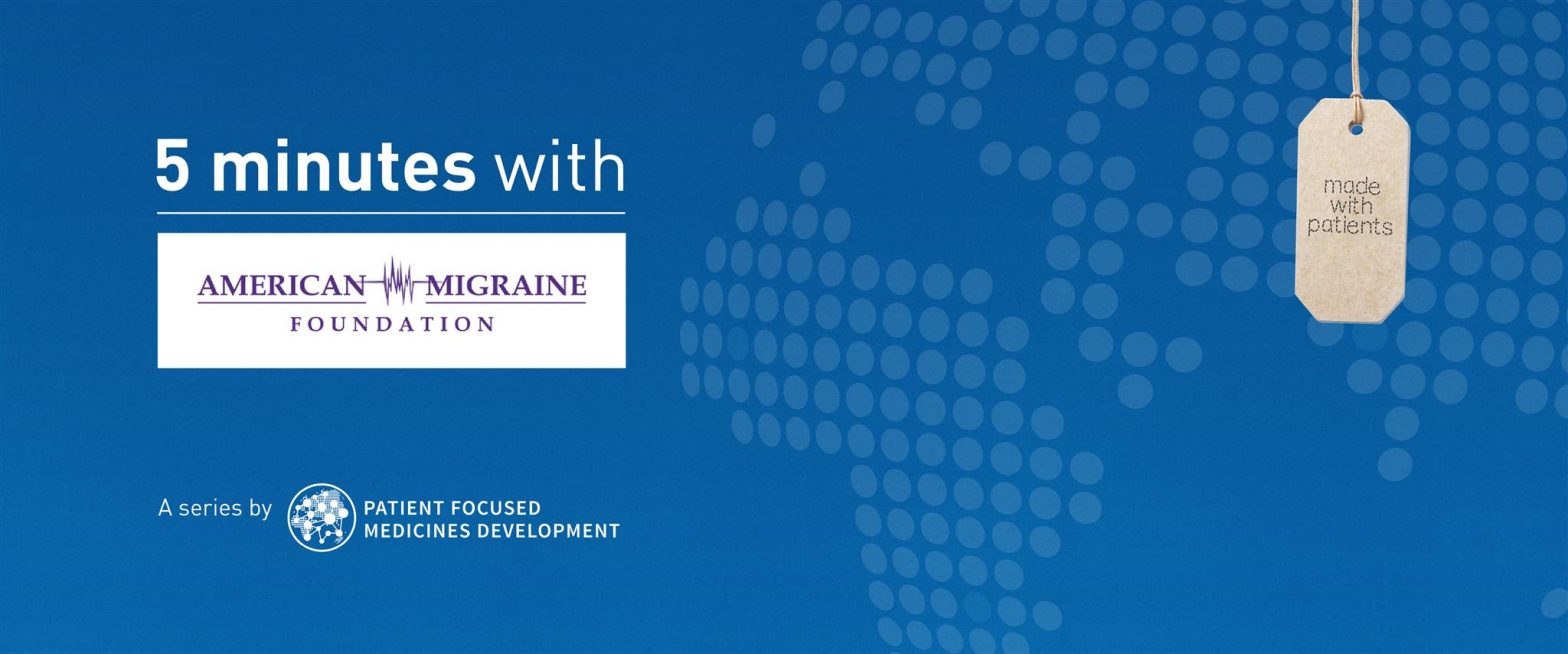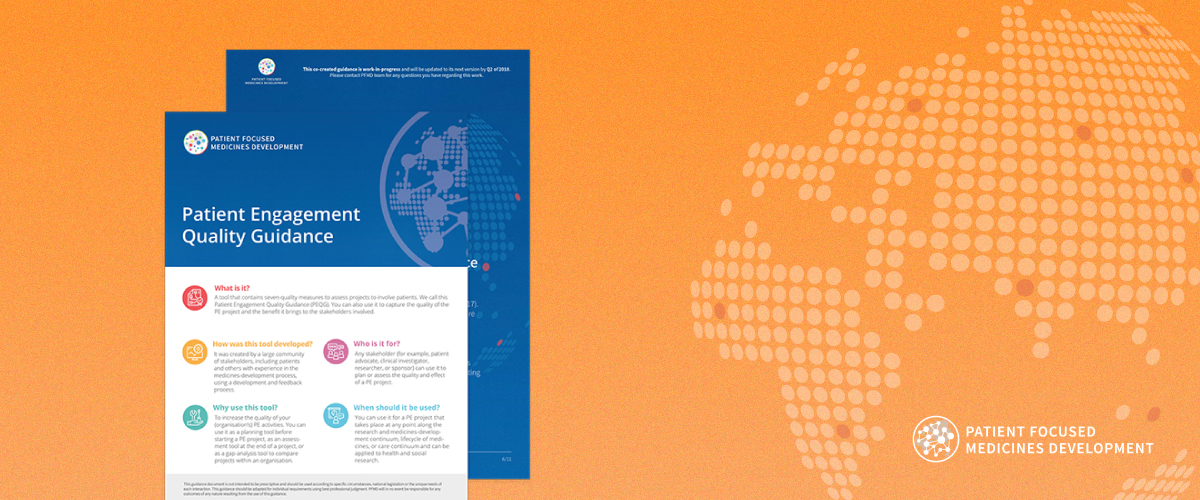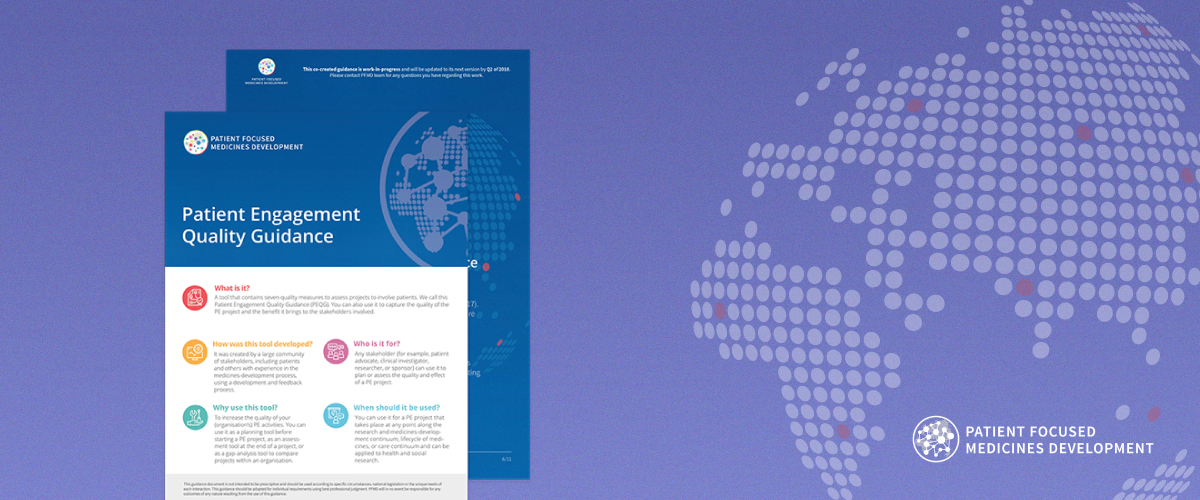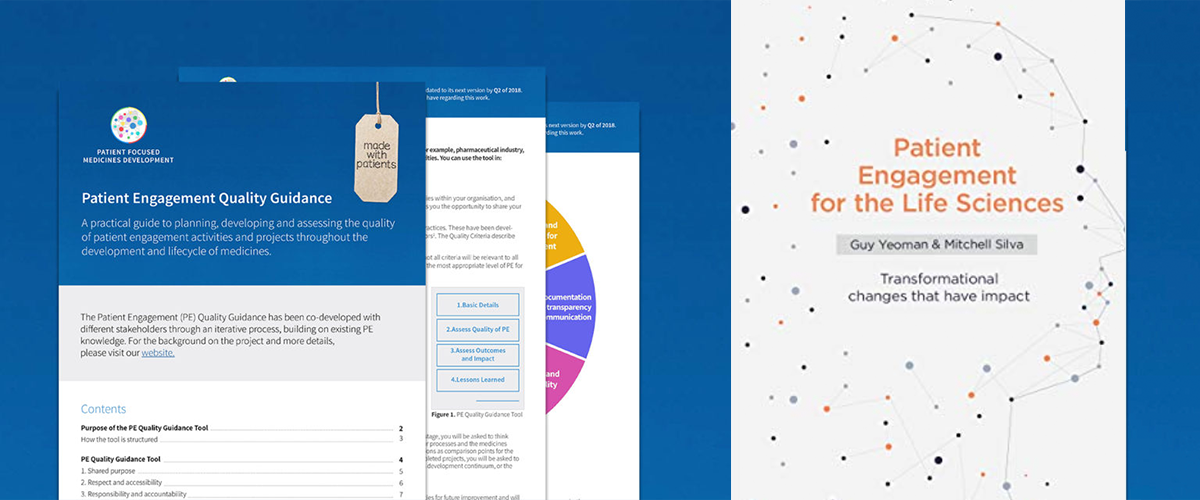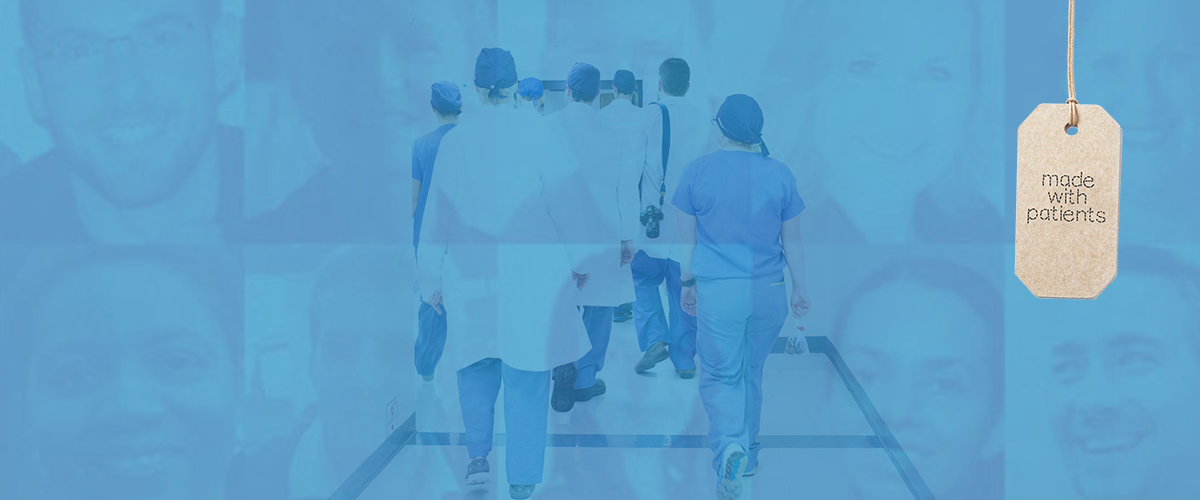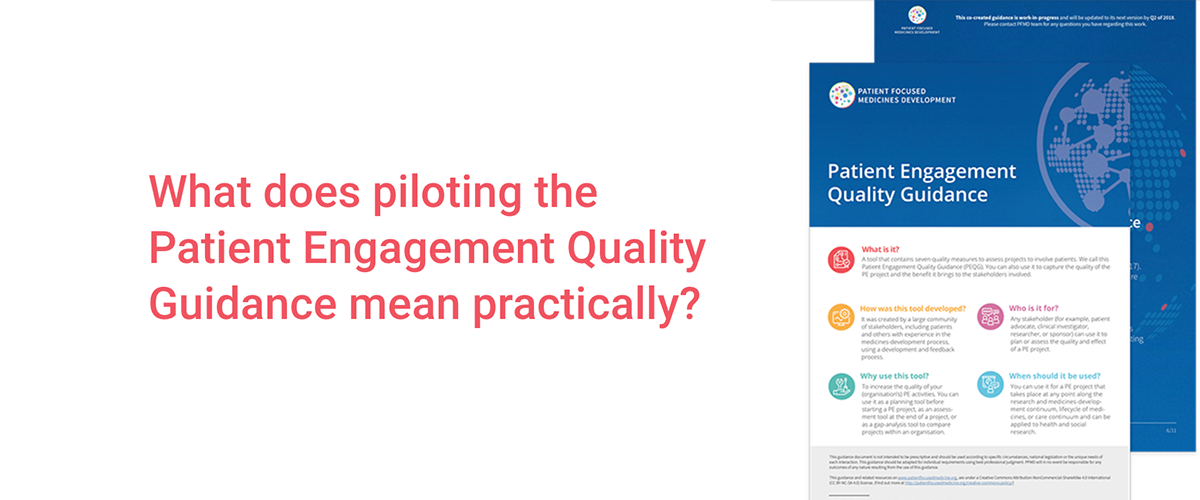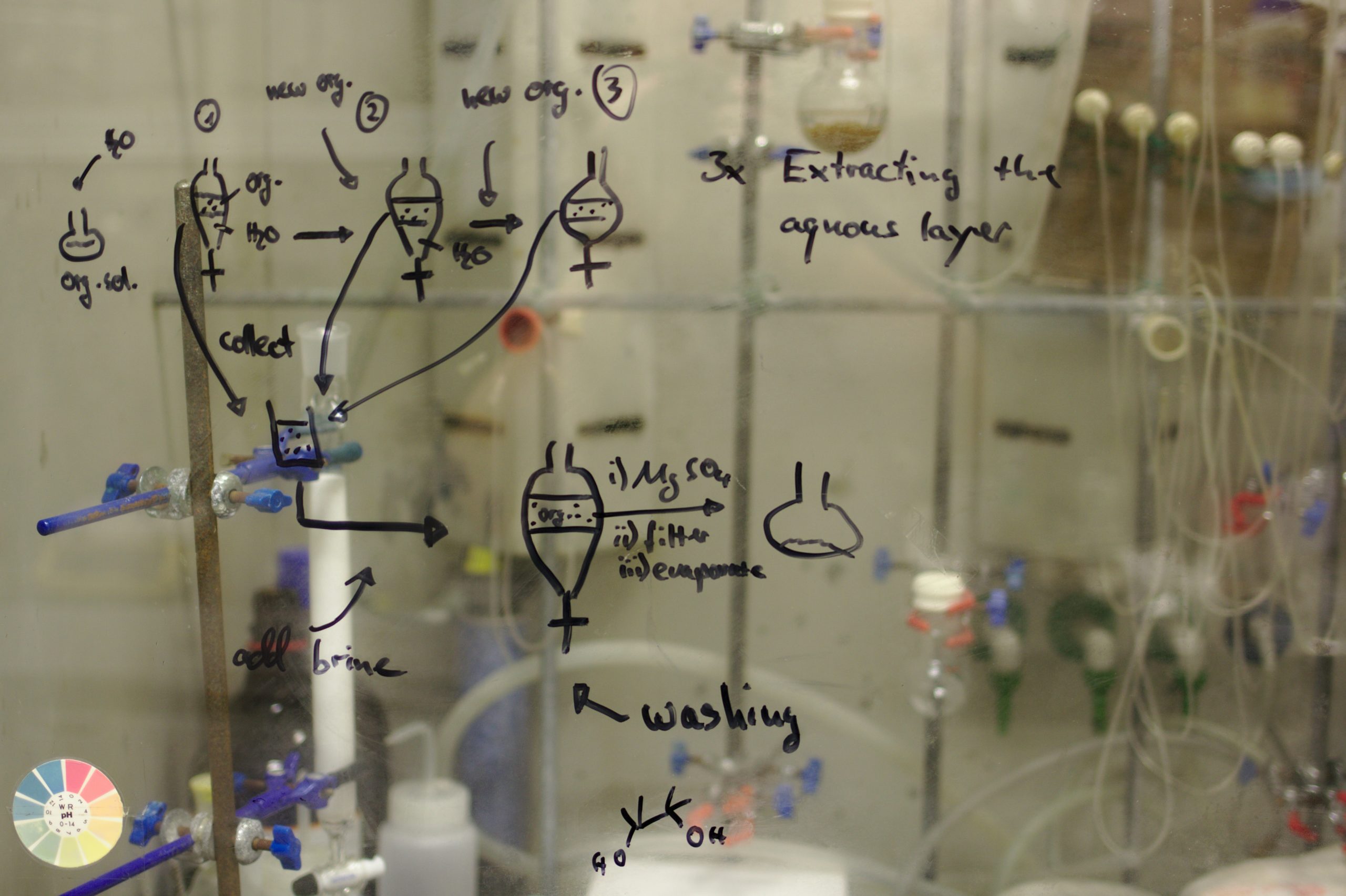We live in unprecedented times with a global pandemic revealing gaps and inequities across health systems. Despite this, the patient engagement community continues to advance and innovate.
As the Covid-19 crisis dissipates, the goal for 2021 is to work towards stronger patient engagement and continue to build a community that fosters purpose-driven engagement. Learnings from the pandemic will inform these endeavours but this is the ideal time to take stock and plan for the future when it comes to enhancing and embedding the breadth and quality of patient engagement.
The first day of PEOF 2021 sought to explore the current patient engagement landscape, including key issues given the coronavirus pandemic and how the upcoming event sessions can build upon the successes of previous PEOF editions.
The first event of the 2021 Patient Engagement Open Forum was hosted by PFMD CEO, Nicholas Brooke. He explained how the first sessions of the PEOF would help to shape the agenda items for the remainder of the year. With the title “A Time to Reflect and Move Forward”, he noted that the goal of this session is not just to introduce PEOF 2021, “it is also to shape it together moving forward – in the spirit of co-creation”.
Maria Dutarte, EUPATI Executive Director, explained that the overarching theme of this year’s PEOF is that of stronger patient engagement; “it’s about building a stronger community and fostering meaningful involvement of patients at each step of the medicines R&D process. We are convinced that the only way to achieve this stronger impact is by working together in this collaborative spirit which defines the Open Forum and helps to break down silos.”
Ivett Jakab is the President of the EPF Youth Group, a wide-ranging group of young patients from 12 different countries. Ivett explained her belief that the year 2020 could be summed up in one sentence – connecting while being apart. But given the lessons learned last year, Jakab said her hope is that the theme of 2021 will be about connecting meaningfully while being apart.
The nature of pandemic restrictions on traveling and meeting meant that patient engagement had to happen online; lessons were learned during this time, and these will persist beyond the timeline of the pandemic, she said. These include a greater appreciation of health, human connections and time well-spent, she noted. It also gave rise to an enhanced distinctiveness of voices; “caregivers, full-time employees, those living in rural areas, those who cannot travel for any health reason are not automatically left out”. Similarly, it ensured more inclusiveness in numbers as more patients were invited and trained. “Covid gave us an opportunity to hear voices we never heard before.” Sharing real-life experiences internationally became easy, she added; “one can attend a conference in Australia in the morning, and a workshop in Canada the same night.”
Important nuances of social interactions must be adhered to with online interactions, however. “Remember – asking for a patient’s time is asking for the biggest thing they have,” she told the attendees. Ivett emphasized there must be “a real need and a clear purpose”, and attendees must be well prepared and know what to expect. Ground rules are key, and more people is not always better – “always keep distinctiveness in mind.”
Ivett concluded by explaining that while connecting meaningfully from a distance is not always easy, it is definitely possible. “We need to find the new, more meaningful and more personalized ‘normal’ – don’t go back to 2019,” she said.
She was followed by Neil Bertelsen, HTAi Patient and Citizen Involvement Interest Group, who moderated a series of stakeholder perspectives.
- Kristin Schneeman, Director, FasterCures
Covid-19 presented tough challenges for disease organisations that function as a critical source of patient support, service and funding to advance a range of research and treatments, Kristin told attendees. Revenues have plunged and these resource constraints were most likely the first domino in a chain reaction that will “impact patient care today and cures for tomorrow”, she warned.
The patients they serve are having their care disrupted – this includes serious and chronic conditions like diabetes, cardiovascular disease or cancer. The effects of this “will be felt for years to come”, Kristin said. However, the crisis had made people more creative, using digital tools to experiment with new fundraising models and to serve their patients’ needs in virtual forums. She noted that patient organisations in their network reported that there have been positive learnings from the Covid experience. “The pandemic has shown us that we can make clinical research faster and more people-centered at the same time.”
Those lessons and advances can’t be lost and old habits can’t return, she said, echoing Ivett’s comments. For example, the inequities and lack of distinctiveness in research have been laid bare. “We must be careful that the digital divide does not further enhance these inequities.”
- Dr Stuart Faulkner, Programme & Operations Manager, Oxford University
From a research perspective, it has been well documented that many trials have been paused, halted or disrupted in some way, Faulkner told the session. This includes clinical trials as well as basic research. Delays and modifications to what was being done in terms of patient engagement have been widespread. Truncated timelines for many trials means “patient engagement has, in some cases, dropped off the agenda entirely”.
But this also means that how PE is done day-to-day is now being fundamentally reconsidered and researchers are critically looking at the processes they use to engage the patient community. Faulkner noted that it has also presented a host of new opportunities to better engage patients, moving it to a remote/virtual platform and bettering their geographical reach. This does raise the issue of privacy and governance questions but now after time to reflect, some of these nuances can be explored from a research perspective to strengthen patient engagement moving forward. “With the increased opportunities that the pandemic has afforded us, comes increased responsibility.”
- Magda Chlebus, Executive Director, Science Policy and Regulatory Affairs, EFPIA
In the past two years, not just during the Covid crisis, a lot of tools that enabled meaningful patient engagement had been developed, Chlebus noted. The Covid crisis did however require adaptations to those tools. Methods that integrate patient insights and the patient voice into decision-making at all levels have also been honed.
“We have already created the ‘village’ and last year at the PEOF 2020 we made a commitment that we are going to do things and not just co-create them. There is no excuse anymore, we just have to roll up our sleeves and get out of our comfort zone.” She noted that patient engagement is not always part of the institutional and organisational culture and called on the village to help trigger this where they work and with their network. Sharing learnings ensure that these tools become the norm.
The online nature of the first PEOF 2021 session did not mean it lacked interactivity; a GroupMap exercise then took place which sought views from virtual attendees as to which 2021 goals future PEOF sessions should explore.
Ranked high on the agenda were:
- Increasing inclusivity and distinctiveness in clinical trials
- Building clarity and structure around patient experience data to address fragmentation and lack of data
- Creating a forum where researchers and patients can meet informally, allow both stakeholders to become comfortable with each other.
- How we can build collaborative public/private models related to big data with patients to address trust and fragmentation issues.
All speakers expressed their support for these integral priorities. Nicholas Brooke wrapped up the session by saying that this session had not only allowed a range of stakeholders to showcase their insights and expertise but had helped to shape the future agenda for the PEOF.



